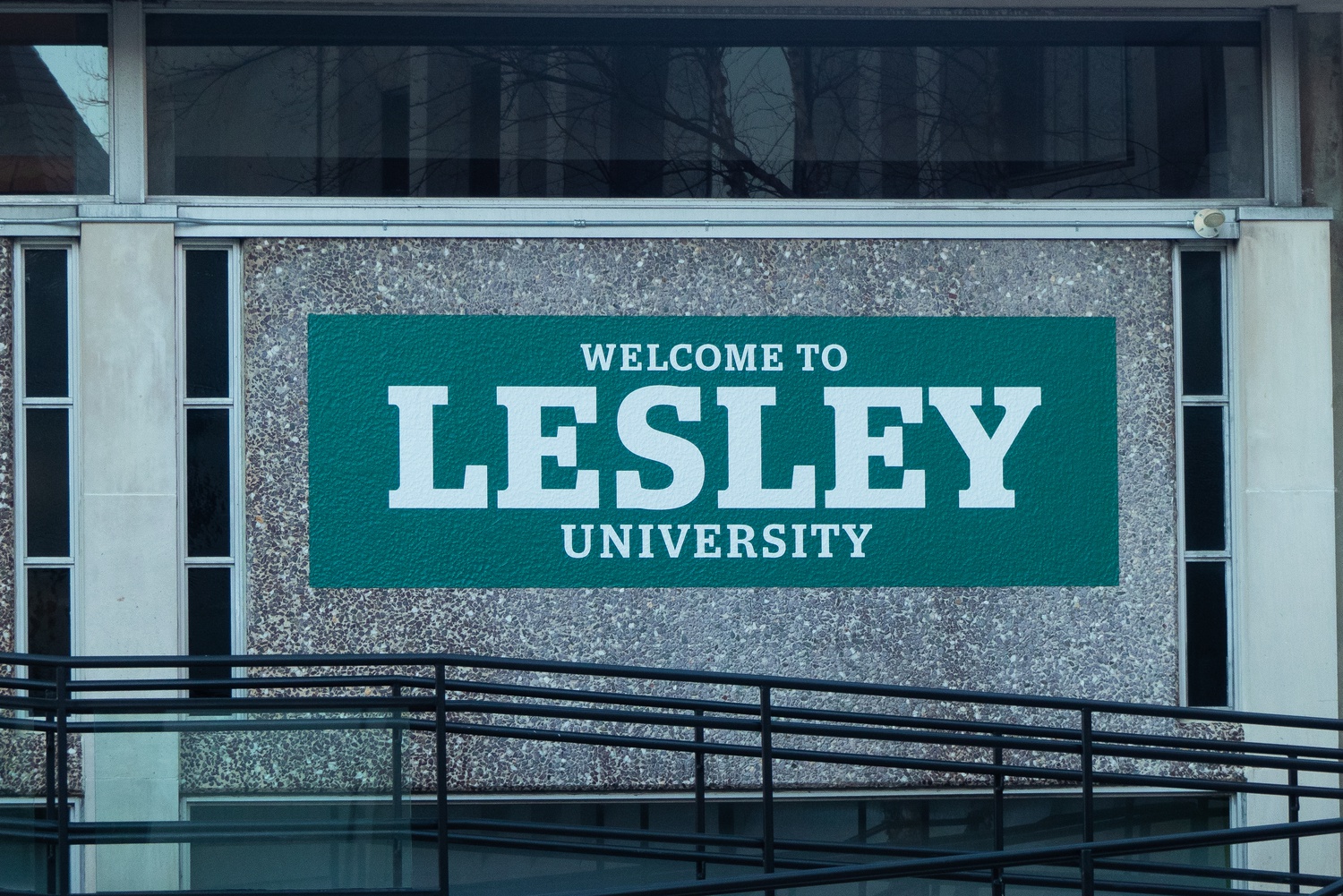
News
Summers Will Not Finish Semester of Teaching as Harvard Investigates Epstein Ties

News
Harvard College Students Report Favoring Divestment from Israel in HUA Survey

News
‘He Should Resign’: Harvard Undergrads Take Hard Line Against Summers Over Epstein Scandal

News
Harvard To Launch New Investigation Into Epstein’s Ties to Summers, Other University Affiliates

News
Harvard Students To Vote on Divestment From Israel in Inaugural HUA Election Survey
As Cambridge Takes a Financial Hit, Some Candidates Look to Harvard for the Solution

Cambridge City Council candidates are turning to Harvard to compensate for expected funding losses — even as the University itself is running at an operating loss of $113 million.
Eighteen candidates gathered in Lesley University’s Amphitheater on Wednesday night to discuss the city’s budget, which has been stretched thin since Trump took office in January. Incumbents Sumbul Siddiqui, Jivan Sobrinho-Wheeler, and Ayesha Wilson — all of whom were involved in last year’s funding negotiations — pushed for Harvard to pay more to the city.
“We have two universities with multibillion dollar endowments in Cambridge that don’t pay taxes,” Sobrinho-Wheeler said. “They instead pay PILOTs, Payments In Lieu Of Taxes. I’ve been part of the effort to strengthen the payments they’re making to the cities to make sure they’re paying their fair share.”
PILOT programs are agreements where large tax-exempt institutions pay the city they reside in a portion of what they would pay in property taxes to support the city’s budget.
Harvard’s previous PILOT program was expected to end this June, after the University and the City of Cambridge failed to reach an agreement. Harvard said yes to a one-year $6-million agreement three months later, but it was reluctant to create a long-term agreement with the city due to federal funding uncertainty. Cambridge City Manager Yi-An Huang ’05 said in an interview with The Crimson earlier this year that he hopes to see Harvard’s PILOT payments increase once the University’s financial situation stabilizes.
Challengers were not as fast to demand increased PILOT payments from Harvard, pointing to pressure from the Trump administration that has harmed the University’s finances.
“It’s not necessarily easy for us to go and turn to the universities and say, ‘Hey, can you give us more while you’re already getting attacked by the federal government?’” challenger Zion Sherin said.
“It’s just a really tough position that we’re going to be in,” he added.
But for Harvard, the timing could not be worse. For the first time in half a decade, the University’s finances are in the red — operating at a loss at $113 million after federal funding cuts. Harvard’s endowment reported a 11.9 percent increase, bringing the total to $56.9 billion — $56 billion more than Cambridge’s fiscal year 2025 budget.
While Siddiqui said that increasing PILOT payments “isn’t the solution” to Cambridge’s budget strains, “it is something we have to think about as a potential source.”
Harvard spokespersons did not respond to a request for comment Friday evening on the current state of PILOT negotiations and Harvard’s ability to increase payments.
Sobrinho-Wheeler said he would like the City to finalize its budgets on a faster schedule — something that the Nov. 4 ballot measure on the charter review could accomplish.
“The budget doesn’t come before the Council until May or so of each year — April or May — and then voted on in June, the amendments in there would start the budget process earlier, including in the fall and in December, so we can put forward those budget and have a fuller conversation about that,” he said.
Sobrinho-Wheeler added that the Council needs to get creative with its budget, turning to both MIT and Harvard for possible revenue.
“It is going to be a challenging time with the federal administration and others for our budget, we’ve got to look creatively at where we can raise revenue from,” he said.
Wilson agreed that the city must look for more creative revenue streams to help compensate for federal funding losses.
“Cambridge is a place that really wants to pride itself on having this, it feels like, endless pot of gold and that we could just kind of spend and do as we please with every initiative that comes in mind,” Wilson said.
“But right now, we need to be a little bit tight with our pursestrings,” she added.
—Staff writer Dionise Guerra-Carrillo can be reached at dionise.guerracarrillo@thecrimson.com.
Want to keep up with breaking news? Subscribe to our email newsletter.
